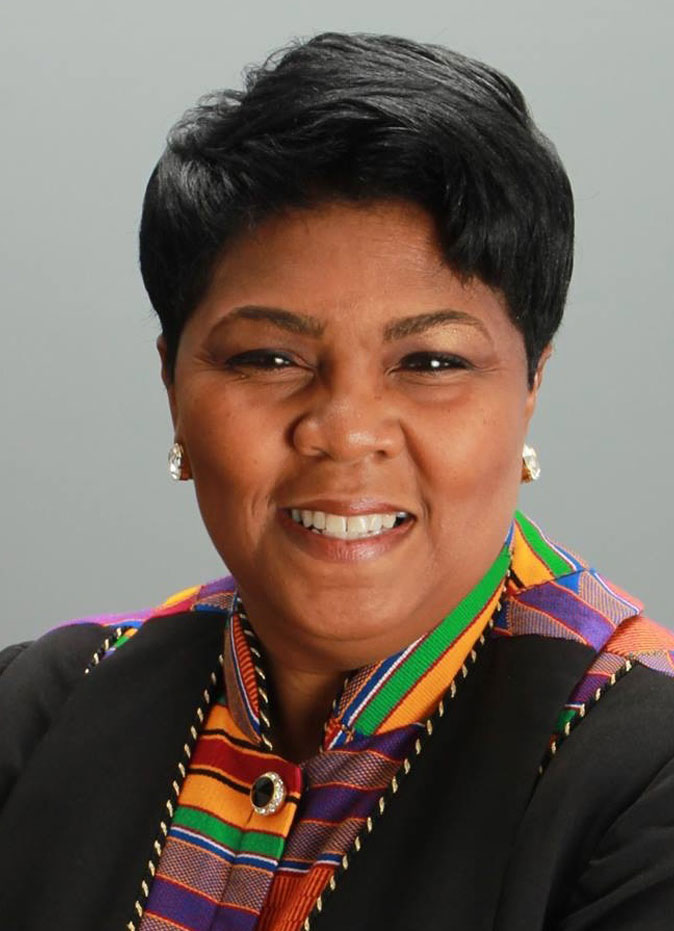Commentary: My Brother’s Keeper
 Then the LORD said to Cain, “Where is Abel your brother?” And he said, “I do not know. Am I my brother’s keeper?” — Genesis 4:9
Then the LORD said to Cain, “Where is Abel your brother?” And he said, “I do not know. Am I my brother’s keeper?” — Genesis 4:9
Am I my brother’s keeper?
Cain’s insolent and arrogant response to God’s question was relevant then and it is relevant now. My brother? Is it my responsibility to know where my brother is? Am I responsible for the care of anyone other than myself?
We’ve heard variations of this question resonate throughout time. Do I bear any responsibility for how others are treated? Is silence an acceptable defense in the face of despair?
I ask these questions in the wake of massive legislation sweeping the South aimed at repealing the hard won rights of the gay and trans people community to be treated equally under the law. I ask this question as we approach this presidential primary with less voting rights protection than we have had since the passing of the Voting Rights Act in 1965. I ask this question as deportation efforts are ramped up and families are torn apart by immigration laws. I ask this question as residents of Flint, Mich., and other impoverished areas grapple with the realization that their water is toxic. I ask this question as healthcare remains elusive for many who are in great need. I ask this question as the xenophobic, racist, sexist, homophobic vitriol of our presidential primaries continues to escalate. I ask this question as we grapple with the realities of a racialized criminal justice system.
Am I my brother’s keeper?
Time and time again, our collective answer to this question as people of faith has been a resounding “no.” When Dr. Martin Luther King Jr. was killed, there were those who were content to blame the lone fanatic and ignore the contributions of those who willingly stoked the embers of hatred, either with their words or their silence. As anti-gay legislation is enacted, there are those who are content just to say, “This is not something I voted for.” While presidential rallies are commandeered by hateful rhetoric, many feel justified in blaming Donald Trump and ignoring a general atmosphere of intolerance growing in our nation.
We are often quite content to rest comfortably in our assertions that our hands are clean, and perhaps they are, but our hearts certainly are not.
Silence in the face of injustice is never an acceptable response from people of faith.
Biases are not the business of the church. Love is.
It is not lost on me that, as the story of Cain is recorded, Cain is indeed guilty of the death of his brother. For Cain, this question of responsibility is a deflection of guilt. I often wonder, when I am silent, whether I, too, am deflecting. Whether I am attempting to absolve myself of responsibility for others because the answer is clear. Love makes me my brother’s keeper and my silence will not save me.
Traci Blackmon is a National Officer of the United Church of Christ.
View this and other columns on the UCC’s Witness for Justice page.
Donate to support Witness for Justice through the Neighbors in Need offering.
Click here to download the bulletin insert.
Related News
Into the Fray
A few weeks ago, I sat in a Zoom room with about a dozen UCC pastors and lay leaders from...
Read MoreGod & Country
Beyoncé’s new Cowboy Carter album has sparked controversy over whether it should be...
Read MoreVoices for Change: Advocacy at the United Nations
“Why do you do this work?” The question came from the pastor of the youth group...
Read More
